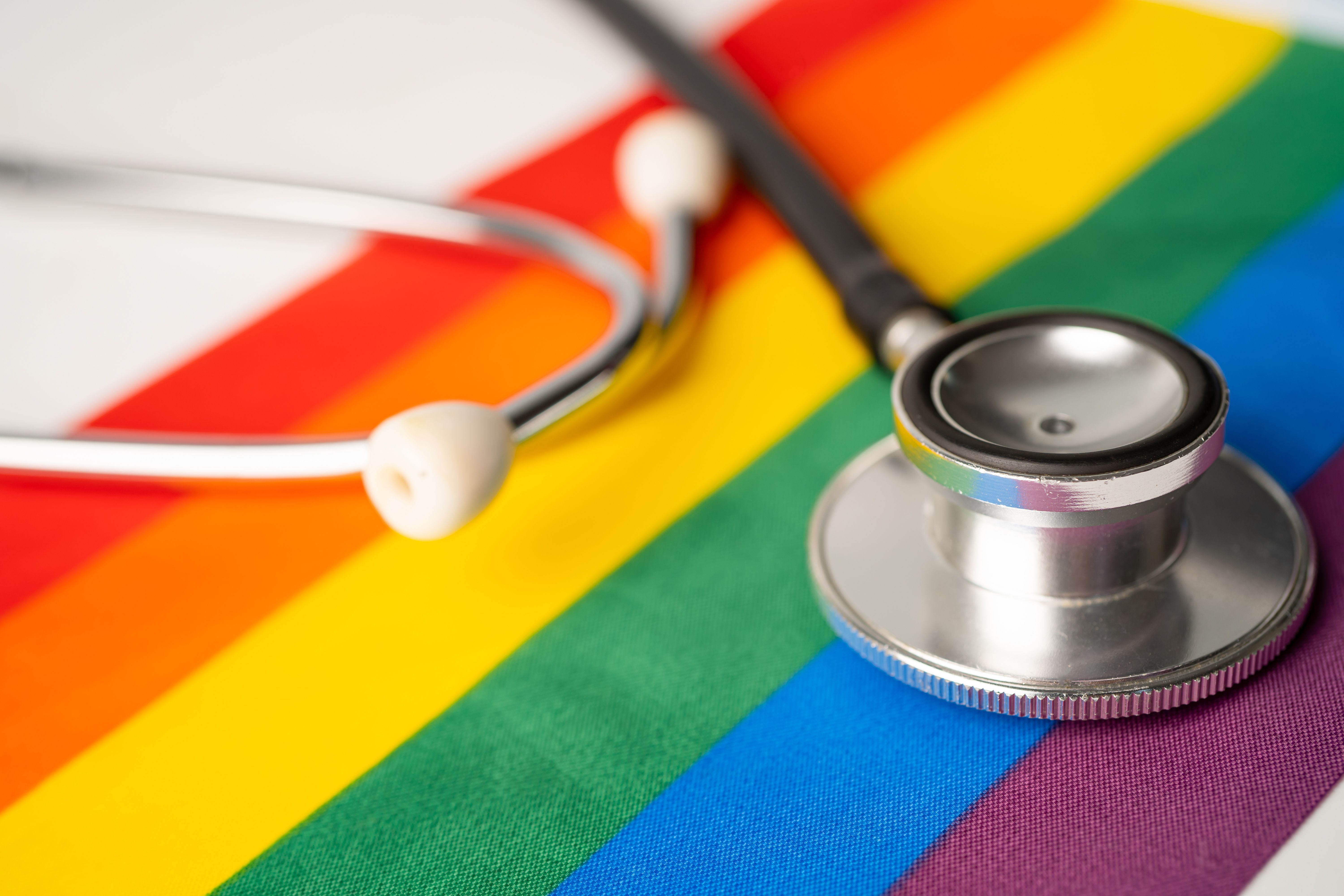Beyond Binary Care: LGBTQ+ Parents Face Persistent Postpartum Healthcare Challenges

In the year following childbirth, LGBTQ+ parents face a unique and challenging landscape of healthcare that goes far beyond typical postpartum experiences. A recent study reveals a complex web of obstacles that disproportionately impact this community, highlighting critical gaps in medical care and support.
LGBTQ+ individuals navigating the postpartum period encounter significantly higher healthcare needs, compounded by substantial financial barriers and a series of negative healthcare interactions. These challenges create a perfect storm of medical vulnerability that demands immediate attention and systemic change.
The research underscores the stark disparities in healthcare access and quality. Many LGBTQ+ parents report feeling marginalized, misunderstood, and often discriminated against during a time when comprehensive medical support is most crucial. Financial constraints further exacerbate these difficulties, making essential healthcare services increasingly out of reach.
From increased mental health concerns to specialized physical health needs, LGBTQ+ parents require tailored medical approaches that recognize their unique experiences. The current healthcare system, however, often falls short of providing the comprehensive, compassionate care this community desperately needs.
These findings serve as a powerful call to action, urging healthcare providers, policymakers, and medical institutions to develop more inclusive, understanding, and supportive frameworks for LGBTQ+ parents during the critical postpartum period.
